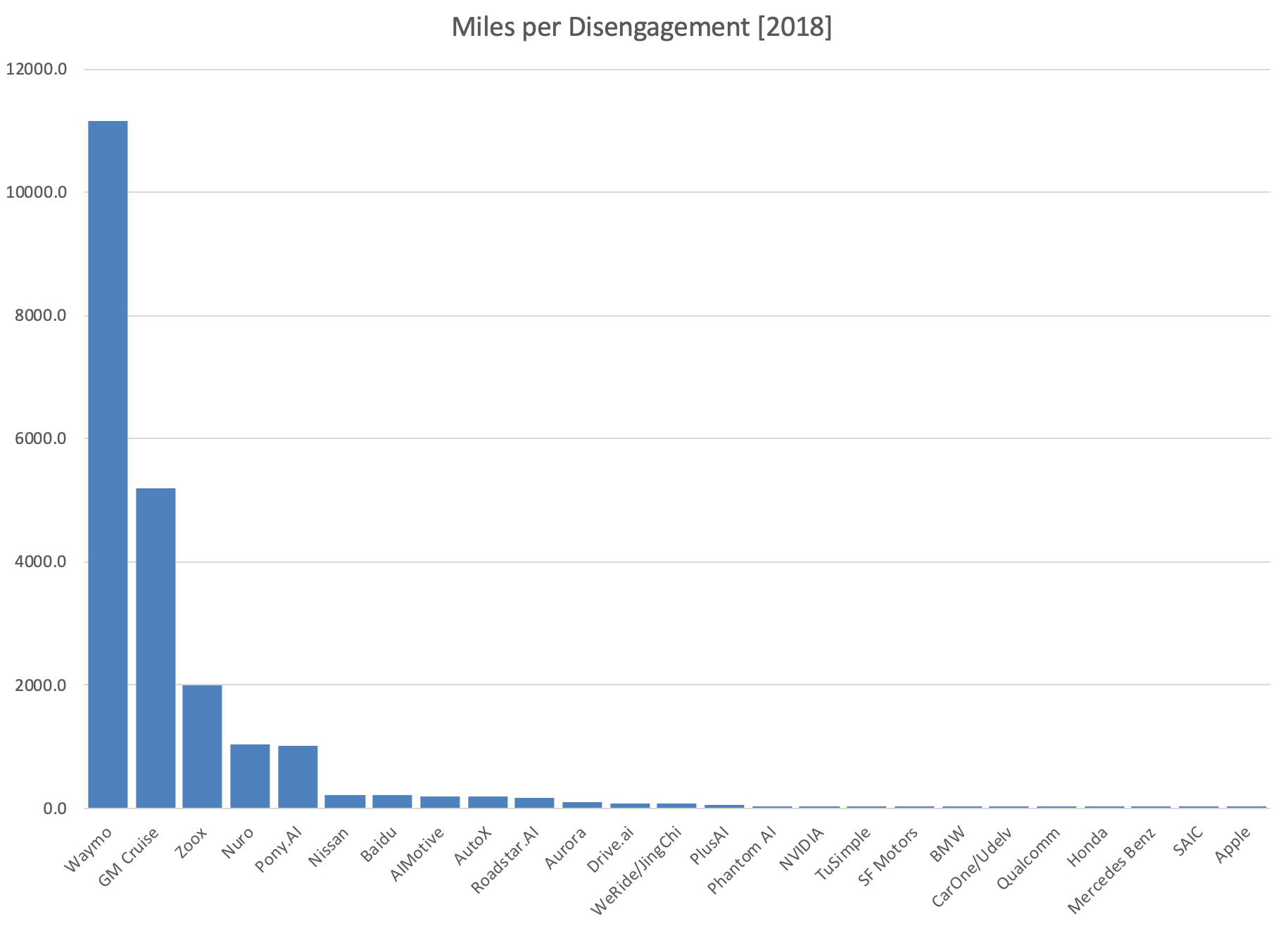Information about the Titan Project, Apple’s future self-guided car system. What appears is never disclosed by the Apple itself, but by external bodies – so much so that no one even knows where the progress of the initiative is in the basements of Cupertino.
Well, if these data recently released by Department of Motor Vehicles (Department of Motor Vehicles, equivalent to our Detran) Californian are of some value … we can say that the progress is not so encouraging.
The website The Last Driver License Holder captured data recently released by the DMV and focused on specific information: the disengagement index per kilometer traveled, that is, the number of times that test drivers took control of the cars (either by their own action or system instruction) in relation to the total miles traveled by the vehicles. And Apple is doing very poorly on that metric:

According to the data, Apple’s test vehicles had, on average, 544.78 disengagement occurrences every 1,000 kilometers traveled – that is, almost one failure every two kilometers, which is a very worrying index. It gets even worse when you notice that Apple is last in a list of 25 companies in which the champion (the Waymo, from Google) registered only 0.06 occurrences of the type every 1,000 km – an index about 11 thousand times (!) higher than that of the Cupertino company.
The data refer to tests carried out between December 2017 and November 2018, and are sent by the companies themselves, as required by California law. For that reason, it is good not to take the numbers as definitive indicators of the performance of each manufacturer – after all, it may be that companies with better numbers simply adopt a more liberal methodology when registering their occurrences of disengagement.
Anyway, the difference is stark and shows that perhaps Apple is eating dust in the tests compared to its main competitors. It will be?
via AppleInsider
